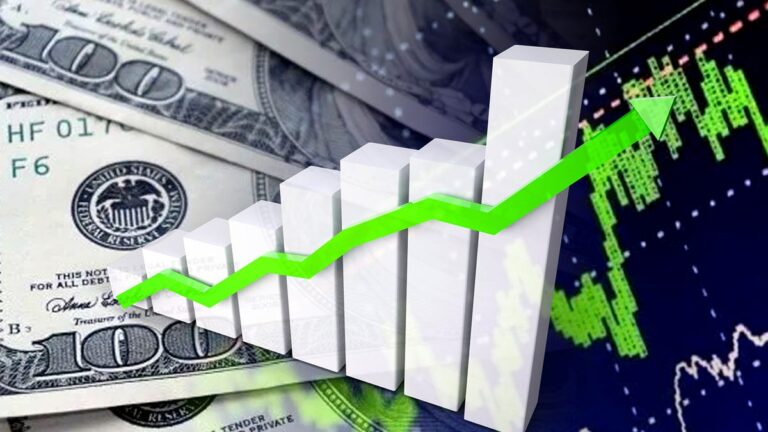Gus Scacco, CEO and chief investment officer at Hudson Valley Investment Advisors, spoke with Quartz for the latest edition of the firm's “Smart Investing” video series.
Watch the interview above and read the transcript below: The transcript of this conversation has been lightly edited for length and clarity.
Andy Mills (AM): You're confident that earnings will remain strong beyond 2025. Why do you think so?
Gus Scacco (GS): There are two. We've been through a cyclical downturn. So each industry segment has basically cleansed itself up. What does that mean? For example, there was a tremendous amount of hiring in the technology industry because they were building with an eye on the next two to three years, not today. Last year that stopped and there were actually a lot of layoffs. So they improved their margins and rightsized. This is not just happening in the technology industry, but also in retail and industrial. It's actually happening right now in trucking. So as these issues clear up, companies are more resilient and are able to take on and exert higher leverage. So the next push up, or better economic conditions, you're going to see higher margins and improvement. Right now, our margins are around 11.7%. When you go through a downturn, you're typically at 6-8%. I don't think we're going to get back there. We're more resilient and we're actually using our capital more efficiently.
AM: Well, that's interesting. You mentioned a “rotational recession.” I'd never heard of that.
GS: Yes, it's happening across a variety of industry groups. One thing that we can say with real confidence is that we don't think we're going to have a recession. The reason is that when you have a recession, you typically have excess inventory that requires liquidation, which takes time. We don't actually have that much inventory. Rather, companies are significantly reducing their inventory levels, and we're starting to see signs of improvement in industrial and other sectors in terms of growth, order levels.
AM: Another driver of the market is interest rates. They're at or near 7%. Do you think the Fed will cut rates in the summer? Or will they wait until after the election?
GS: As we get closer to the election, maybe they will cut rates right before the election, but I don't think they will cut rates within the next few months. The reason is that they are partisan but not political. They don't want to cut rates in the middle of an election. If they were to wait until July, they would be right in the middle of the Democratic and Republican conventions and they would be at the center of all of this by the press. So, I think they will hold off on cutting rates for now. If you look at inflation, it has been going up, it has been trending down, but it's been trending up, and it's not mechanical, and you can't be reassured that things are going in a certain direction with one or two data points. It will take time. I believe we are heading in the right direction for rate cuts and we should give the Fed a little more leeway. But we're looking at a calendar year here. Ultimately, we'll see how far rates go, maybe one or two cuts, maybe three. But that's something we'll probably see over the course of six to 12 months. It's not something we can judge by December 31st.
AM: Do you think that these potential rate cuts are already priced into the stock market or do you think there will be a strong reaction when they happen?
GS: If you look at the Fed interest rate futures, they are currently pricing in 1.5 to 2 rate cuts. And I think there will be a positive reaction because it is directional. Let's be real. If you are a financial institution, you can offer lower interest rates. This will free up more capital and if there are any so-called bad loans that could arise, it will probably be because of higher interest rates. So that will actually relieve some of the pressure. So I think the market will react favorably.
AM: How should retail investors prepare for that?
GS: People who are investing in bonds right now will probably be barbelled to get higher interest rates on short-term bonds, and then as the bonds mature they can invest in longer-term, term, higher-rated bonds and they're effectively locked in for a longer period, so they're not taking on the reinvestment risk.
AM: Okay. Thank you, Gus.
GS: thank you.


